|
If you could make one small change today, what would it be?
Sleep. Go to bed earlier and sleep longer – this is what research proposes. Sleep is one of the few universal behaviors among mammals and birds, which suggests that it performs an important function. Although it feels necessary to recover from moving and exercising our bodies, studies show that sleep deprivation does not damage the body. On the other hand, it appears that sleep is essential for normal brain functioning, and mental exercise increases the demand for deep sleep. The stages of sleep tend to follow an orderly sequence:
Sleep deprivation studies show numerous negative consequences not only to performance (fatigue, poor decision-making abilities, lack of energy) and memory (difficulty concentrating, forgetfulness, trouble remembering), but also to overall health – physical (weight gain, high blood pressure, compromised immune system) and mental (irritability, mood swings, symptoms of anxiety and depression). Sleep has such a broad and significant influence because during the restoration stages there is a release of a number of hormones, regulating various systems in our bodies, such as ghrelin and leptin (regulating hunger/body weight), cortisol (involved in metabolism, stress and immune response), growth hormone (essential for tissue repair), oxytocin (aka “love hormone” involved in social behavior). Additionally, both serotonin and dopamine – two essential neurotransmitters for our mental health and digestion (along the Gut-Brain Axis which I wrote about here – link to previous article?) – are also involved in the sleep cycle. Last but not least, during sleep the sympathetic nervous system, which is responsible for the flight-or-flight response gets a rest, and so do we – from various stressors or anxious thoughts we might have on our minds. Warmly, Bobbie Miteva, MA, RTC If you, or someone you know is suffering from sleep issues due to stress, anxiety, depression, or situational difficulties, please reach out to Bobbie for an appointment by clicking here
1 Comment
Just a small post to get things started, and a chance to try my new builder. A few tips for naturally getting a better night's sleep. My best advice would be to give yourself time for your circadian rhythm to find its footing, and use these tips to allow the body to heal itself naturally. If further assistance is required, please feel free to reach out to us.
In Health and Wellness, - Petra |
Petra Sovcov is not a Medical Doctor (MD) nor a Naturopath (ND), she is a Clinical Herbal Therapist (CHT) and holds a Doctorate in Natural Medicine (DNM). The suggestions or recommendations made on this site are not meant to be a substitute for advice from your MD, or as a substitute for any prescriptions you may be taking. Suggestions followed will be the responsibility of the reader, and are stated with the intention of interest and education only. If you have a health issue, please see your primary care physician (MD) first and foremost. Categories
All
Archives
July 2024
|

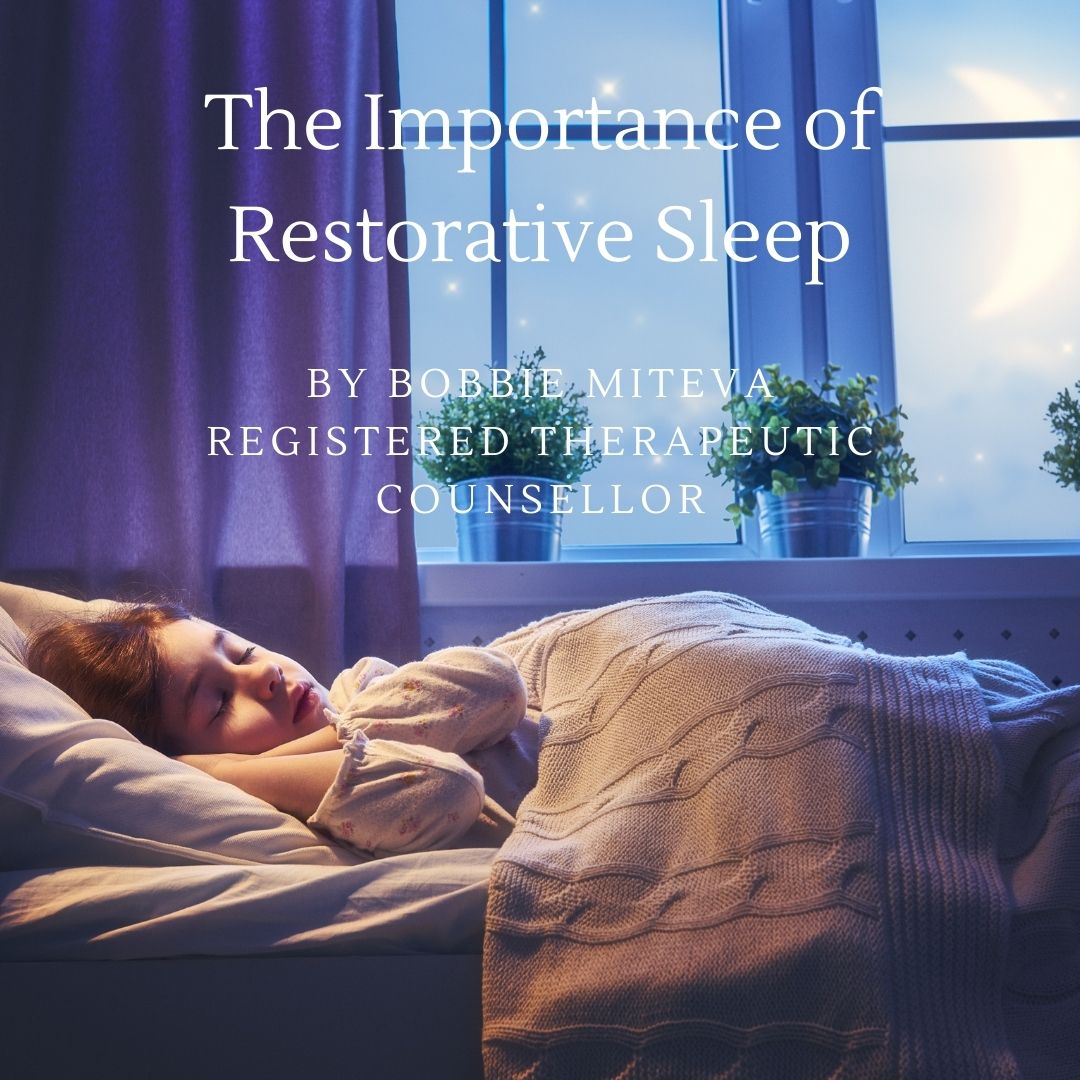
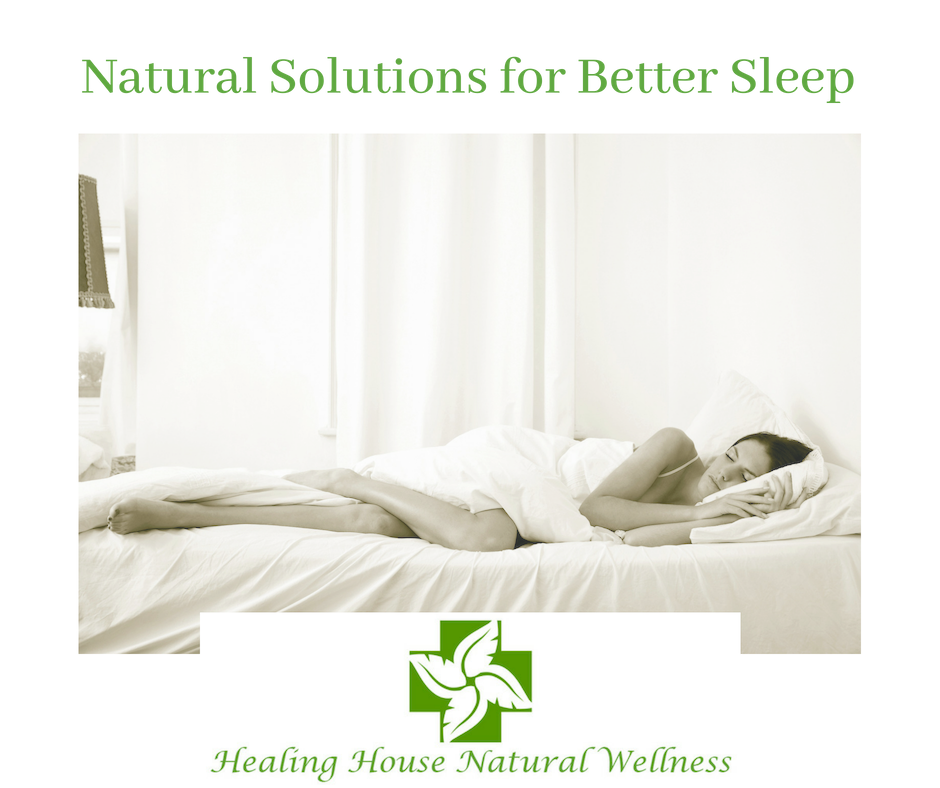
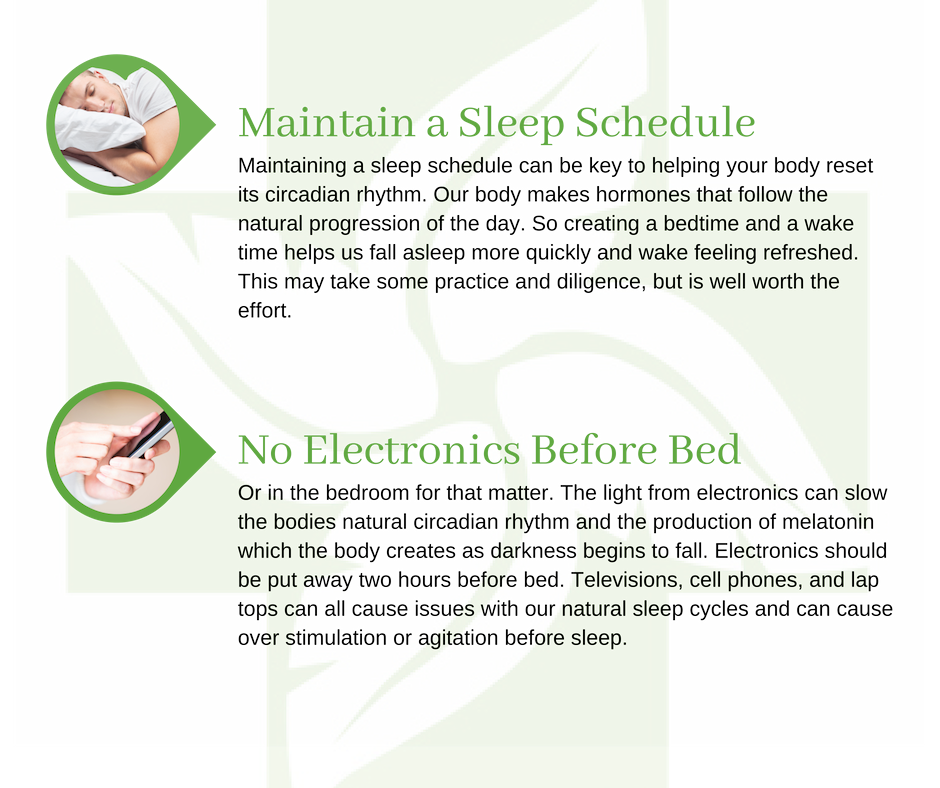
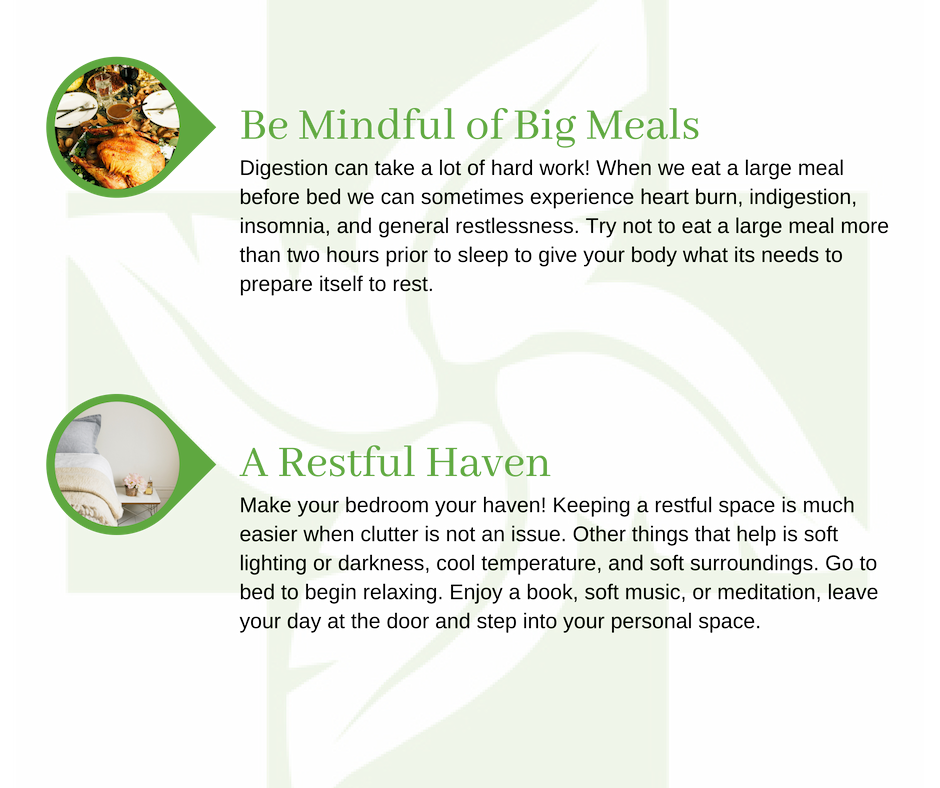
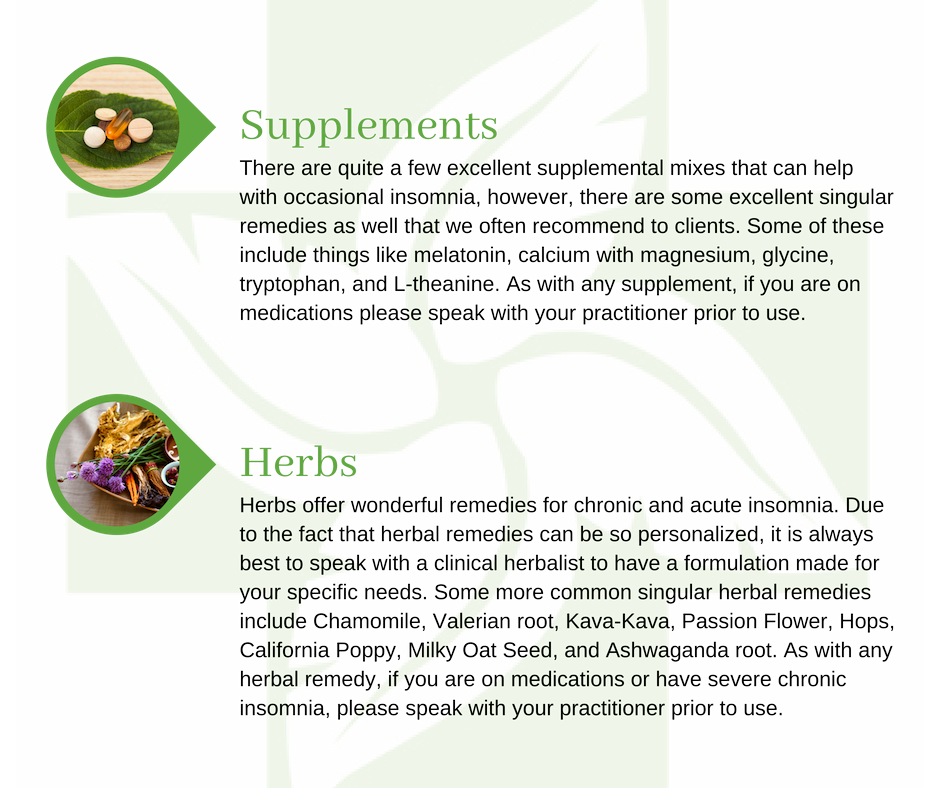
 RSS Feed
RSS Feed